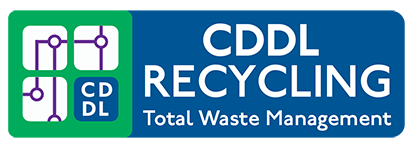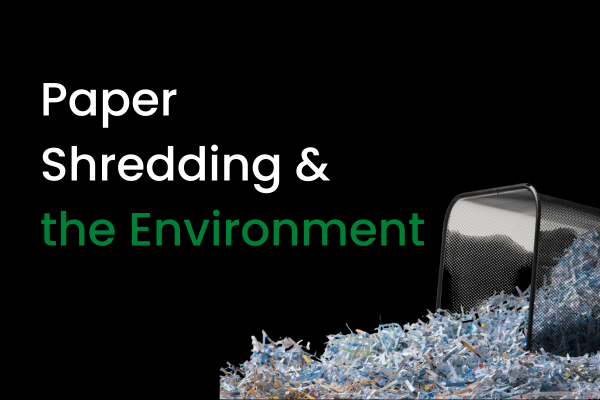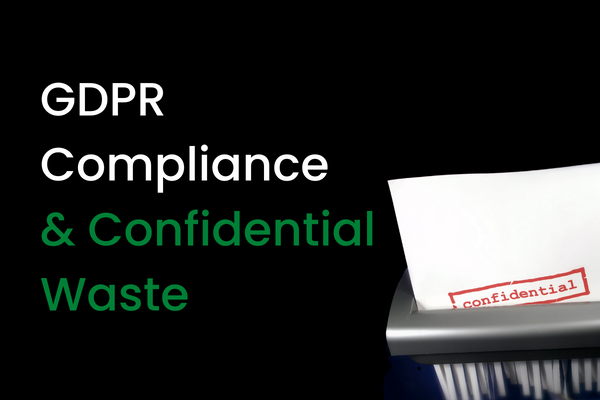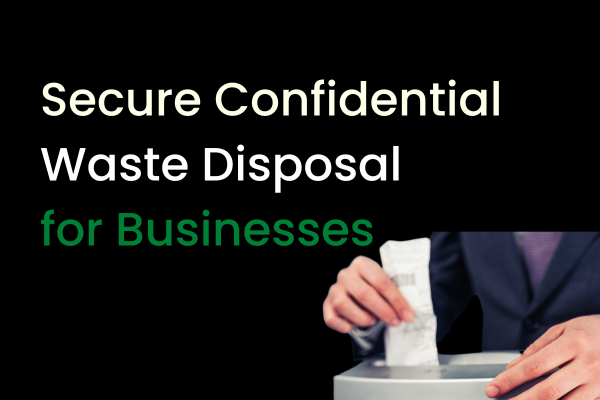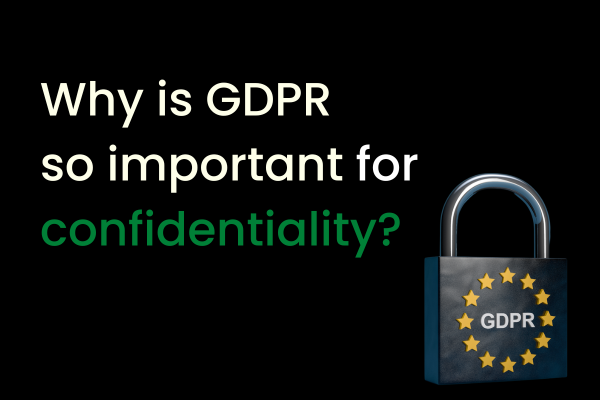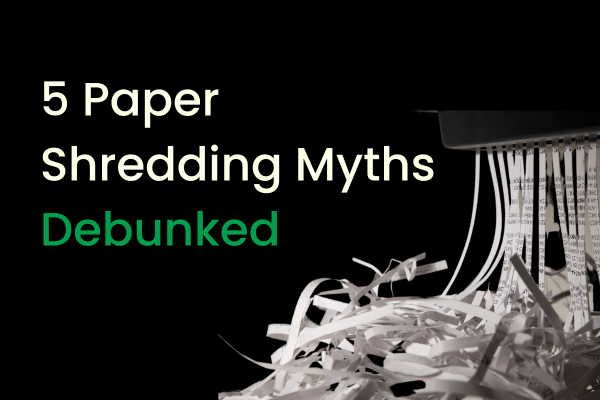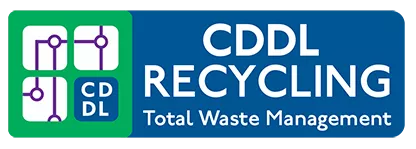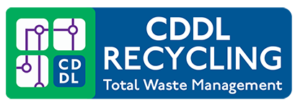How Long Should I Keep Bank Statements? | Domestic Confidential Waste Disposal
We all know we should keep bank statements, but how long is too long? In this blog, we’ll guide you through the recommendations of retaining and disposing of bank statements, and how to go about it using a licensed waste carrier to securely dispose of your domestic confidential waste.
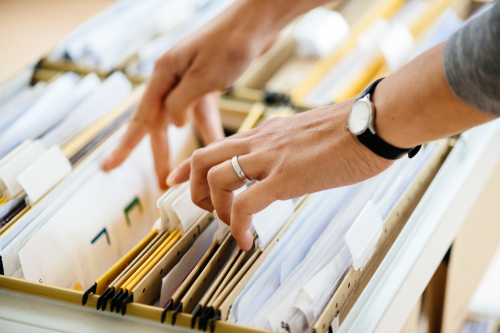
Over time, this physical data will accumulate and take over your filing cabinet, leaving you with the dilemma of whether to get rid of it or not. This predicament is more common than you think, and finding a middle ground between safeguarding important information and hoarding is vital.
Understanding the Importance of Bank Statements
Before we delve into the specifics, it’s crucial to understand why we need to retain bank statements in the first place.
Why Bank Statements Matter
- Financial Tracking and Budgeting: Bank statements serve as a monthly snapshot of your financial activities, helping in budget planning and tracking.
- Proof of Income and Expenditure: These statements are often required as proof of income or expenditure for loan applications, mortgages, or tax computations.
- Dispute Resolutions: In case of discrepancies in transactions, bank statements can serve as a valid reference point to resolve disputes.
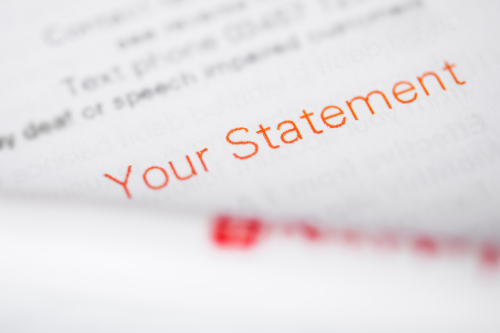
The Ideal Retention Period for Bank Statements
Now that we have a clearer view of why bank statements are important let’s discuss the much-debated question: How long should you keep them?
Short Term retention (1-2 years)
In the UK, it is generally advised to keep bank statements for at least 2 years.
Long-Term Retention (3-7 years)
However, for tax purposes, individuals might need to retain their bank statements for up to 5 years after the 31 January submission deadline of the relevant tax year, according to HM Revenue and Customs (HMRC).
Safely Disposing of Bank Statements
Once you’ve decided it’s time to get rid of old bank statements, doing so safely should be your priority. Here’s where a licensed waste carrier steps in.
Choosing a Licensed Waste Carrier
Selecting a licensed waste carrier to dispose of your confidential waste not only ensures that your personal data is handled securely but also promotes environmental sustainability. Here are a few tips on choosing the right one:
- Certifications and Licenses: Ensure the carrier has valid certifications and licenses to operate as a confidential waste handler.
- Secure Handling: The carrier should guarantee secure handling and disposal of your documents, employing methods such as shredding or incineration.
- Environmental Consciousness: Opt for carriers who are committed to recycling and reducing waste, aligning with eco-friendly practices.
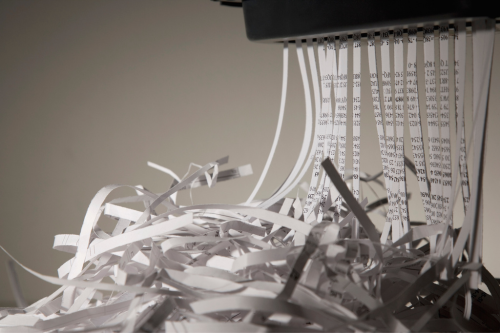
Setting a Disposal Schedule
Establishing a regular disposal schedule helps in managing the volume of domestic confidential waste you accumulate. Depending on your comfort level, this could be annually, biennially, or at any other interval that suits your needs.
How can CDDL Help Manage Your Domestic Confidential Waste Disposal
Navigating the process of responsibly managing and disposing of your bank statements needn’t be a daunting task, especially when you have expert assistance at hand. This is where CDDL Recycling steps in to manage your domestic confidential waste.
At our facility, we embrace a lifecycle approach towards paper waste. Every piece of paper we help you discard is treated with a vision of giving it a new life. We ensure that any paper that is shredded undergoes a transformative process to be recycled into new paper, thus playing a pivotal role in conserving the environment and reducing landfill waste.
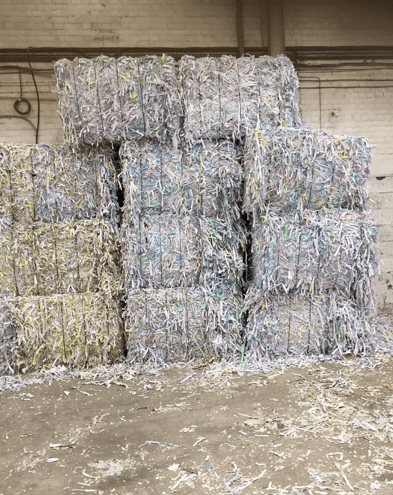
All you have to do is put your domestic confidential waste into black sacks and we will schedule a collection at home.
To find out more about our domestic confidential waste management services, then get in touch with our team today.
